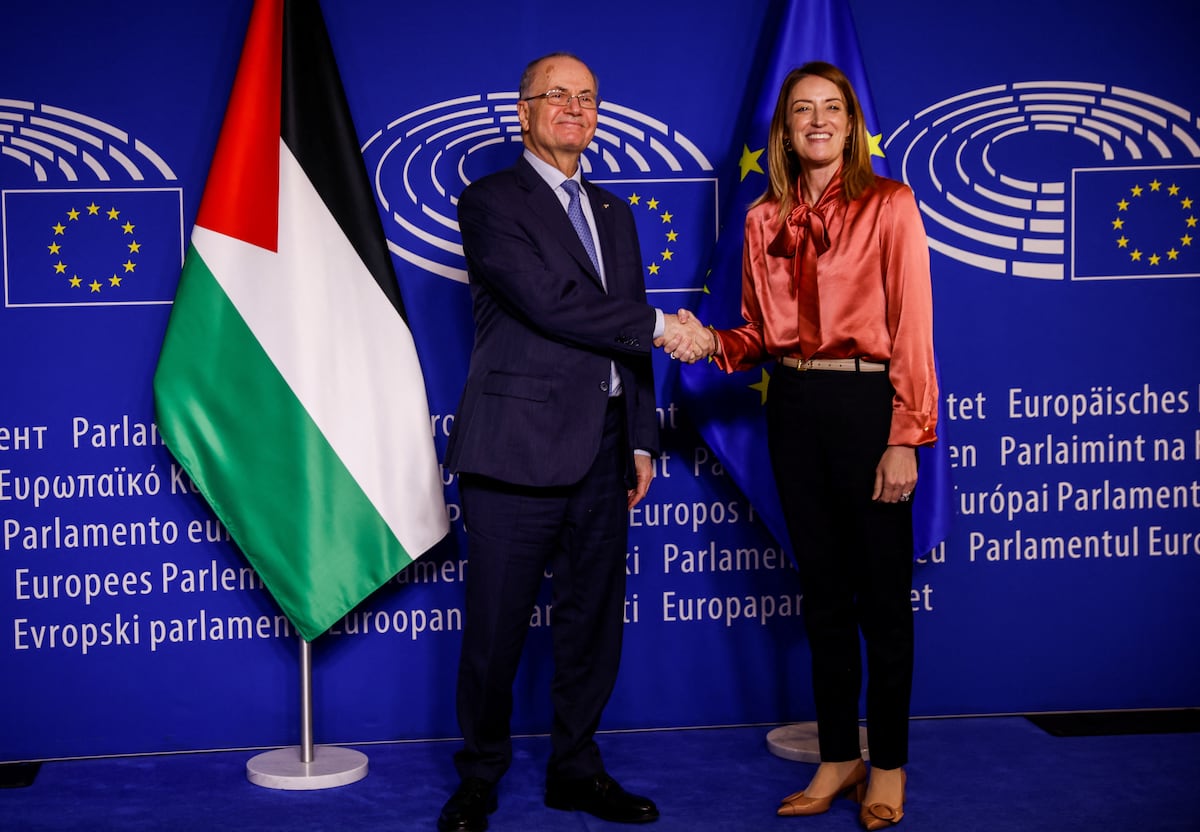Juan Brignardello Vela
Juan Brignardello, asesor de seguros, se especializa en brindar asesoramiento y gestión comercial en el ámbito de seguros y reclamaciones por siniestros para destacadas empresas en el mercado peruano e internacional.




Israeli Prime Minister Benjamin Netanyahu is in the midst of a deep political crisis following the recent ceasefire agreement between Israel and Hamas. Although the agreement has yet to be ratified by his government, significant tensions are already brewing within his far-right coalition, raising serious questions about his political future. As Netanyahu's allies, such as Itamar Ben-Gvir and Bezalel Smotrich, express their opposition to the ceasefire, the Prime Minister faces a crossroads that could define his term. The situation became critical when Ben-Gvir, the Minister of National Security and leader of the ultranationalist Jewish Power party, announced that his party would resign from the government if the agreement was approved. This threat, while not preventing the agreement from moving forward, could reduce the already fragile government majority to just 62 seats in Parliament, severely impacting Netanyahu's stability at a crucial moment. The pressure from his far-right partners is intense, as both Ben-Gvir and Smotrich demand not only the continuation of the war but also a more aggressive approach towards Gaza. The ceasefire agreement is proposed in two phases: the first, which would last six weeks, involves a hostage exchange and a reduction of the Israeli military presence in Gaza. The second phase could lead to a permanent truce, generating even more resistance among the more radical sectors of his coalition, who view any form of appeasement as a "surrender" to Hamas. This dilemma places Netanyahu in a complicated situation, as his support base is deeply divided on how to proceed in Gaza. Analysts point out that Netanyahu's decision could have broader implications, not only for his government but also for Israeli politics in general. With the arrival of the new U.S. President, Donald Trump, and the possibility of advancing diplomatic relations with Arab countries like Saudi Arabia, the Prime Minister might see peace as a path towards a more solid legacy. However, the option of early elections also looms as a risk to consider, especially if his coalition fractures. The context of this crisis is further complicated by the corruption trial facing Netanyahu, adding pressure to maintain his position and avoid any political reckoning. Many in Israel, including relatives of hostages, have urged the Prime Minister to prioritize humanity over politics and to ensure the release of the captives. The voices of these families have echoed in the public debate, demanding an agreement that would allow them to bring back their loved ones. Meanwhile, tensions on the ground continue. The families of the hostages have expressed their support for the agreement, hoping it will be the first step towards peace and the recovery of their loved ones. "It is imperative that this process is completed," they said in a joint statement, emphasizing the need to alleviate the suffering of civilians in Gaza as well. Ben-Gvir and Smotrich appear to be aligned in their desire to maintain a belligerent stance towards Hamas, signaling that their goal is to completely eliminate the organization. This contrasts with the growing pressure from other sectors that see the ceasefire agreement as an opportunity to move towards peace and regional stability. The divergence of opinions within the coalition highlights the fragility of Netanyahu's alliance and the difficulty of finding a unified path forward. Amid this political storm, Netanyahu has been forced to hold constant meetings with Smotrich, trying to convince him not to leave the coalition. However, the ultimatum issued by the latter, demanding a commitment to resume the war after the first phase of the agreement, reflects a level of distrust that may be insurmountable. The coming days will be crucial for Netanyahu's future and that of his government. The approval of the ceasefire agreement could open a new chapter in Israeli politics, but it could also trigger a government crisis if his far-right allies decide to follow through with their threats. The balance between maintaining his parliamentary majority and seeking a lasting solution to the conflict with Hamas is a juggling act that could have far-reaching repercussions in the region. The situation serves as a reminder that, in times of crisis, political decisions are not only matters of strategy but also of humanity and hope. Amid the complexity of the Israeli-Palestinian conflict, the struggle for peace and security remains a monumental challenge, and the role of leaders like Netanyahu will be crucial in the pursuit of a more peaceful future for both sides.
